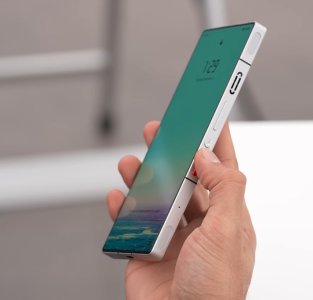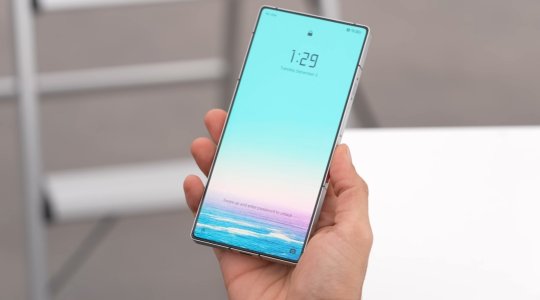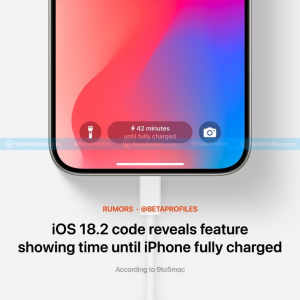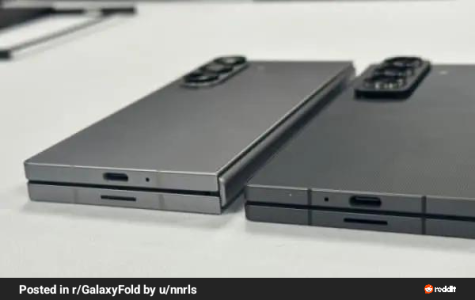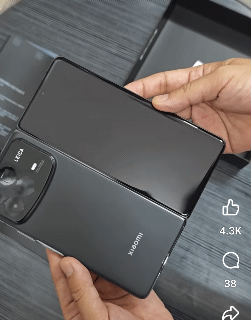The HTC One Max includes a built-in 3300mAh battery, which is among the highest capacities even for large form factor handsets, and the device met our high expectations for longevity.
We were able to get more than 16 hours of heavy use from a single charge in our first full day with the Max. This consisted of time split equally between LTE and Wifi networks browsing and social networking, streaming music from Google Play Music and taking a few dozen photos, videos and Zoe clips. Auto-upload to Dropbox was enabled during this time, and we later exported 12 video highlight clips. Brightness was set to “auto” for the duration of our test.
To put that in perspective, that’s a full day of thorough use starting with unplugging the phone at around 9am and charging again at 1:30am, with 16 percent charge remaining. With more conservative use you’ll certainly be able to pass the 24-hour mark in a single charge.
HTC also offers a power-saving mode that allows you to cap CPU power and display brightness, kill the vibration motor and put the data connection to sleep when the screen is off, if you’re looking to extend the Max’s battery life even further. We’ve used this feature on earlier Sense 5 phones like the HTC One and found it works pretty well.
But the Max has another battery-saving trick up its sleeve in the form of “sleep mode.” This instructs the phone to turn off data connections between certain hours, when they’re less likely to be needed. (For example, when you’re sleeping.) The device can also be set to learn when to apply sleep mode automatically, which is pretty neat.
We’ll continue our testing of the HTC One Max in the days and weeks ahead, and update this review if we notice any changes in battery performance.
Link:
http://www.androidcentral.com/htc-one-max-review












